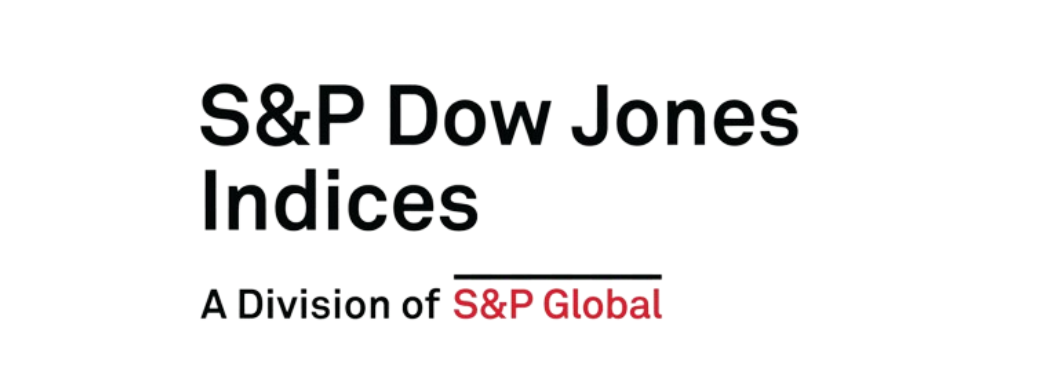Investors are clamoring for sustainability, but their enthusiasm has caught some of the largest financial companies by surprise of late.
In a curious event, two ETFs run by the world’s largest fund manager, BlackRock, were forced to sell and replace billions of dollars’ worth of holdings in April as the S&P Dow Jones Indices-run index they track became too popular.
The iShares Global Clean Energy UCITS ETF (INRG) and its US-domiciled equivalent both recorded huge rises in assets under management (AUM) since the start of 2020 as investors increasingly sought out holdings perceived to be climate-friendly.
But the S&P Global Clean Energy index that this pair of ETFs tracks consisted of just 30 stocks, a decent proportion of which were small caps.
The BlackRock ETFs collectively surged to nearly $11bn in assets from just $760m in January last year. But the effective market capitalisation of the index as it stood was a mere $43.5bn by September 2020. At $11bn in AUM, the Blackrock ETFs held a significant proportion of many of the underlying stocks.
Cue a belated flurry of action.
Better late than never?
To address the twin problems of capacity and liquidity, SPDJI had to take several steps as part of a consultation with interested parties.
One of its resolutions means that the previous constituent count of 30 has now been altered to a “target constituent count of 100”. The index currently comprises 81 stocks.
‘Great’, you might think. But the problem with such a fundamental change in constituents in the April rebalancing is that some very large, forced sales and very large, forced buys were effectively telegraphed to the outside world before they took place.
Has this hurt investors?
The ETF price had fallen by around 20% this year, as at 8 June. This performance has lagged the index by around 0.35%, which is broadly in line with the advertised total expense ratio (TER), so at first sight, no harm has been done.
But that misses the point: any front running of the index roll is reflected in both the ETF and the index. Any harm to investors is obscured, and more work needs to be done at the single stock level to tease out the economic impact of the change.
Some may argue this is an unavoidable problem that frequently occurs as part of the regular rebalancing of ETFs, but that might just be a convenient answer.
Blame game
So, who is at fault? That is a difficult question to answer but it seems fair to suggest that SPDJI was asleep at the proverbial index wheel.
It is SPDJI, after all, that would have been privy to the total amount of money tracking the S&P Global Clean Energy index, as the ETFs that track it pay license fees for the privilege.
Nevertheless, BlackRock should perhaps have raised the alarm sooner too, given the huge inflows into ETFs managed by them that were replicating an index ill-equipped to take billions of dollars of investors’ money.
The issue was surfaced by coverage of a Société Générale report circulated to some of its clients, but would it have emerged otherwise? Has anyone involved in this saga thought about the underlying investors and informed them of the potential effects on them?
Lessons to be learned
Although it is fiendishly difficult to prove, investors in the affected ETFs might reasonably ask whether they have suffered any detriment.
Was there an unusual amount of trading volume in the stocks the ETF was set to buy, potentially making the prospective purchases far more expensive for the ETF investors than they might have been?
Conversely, was downward pressure exerted on the stocks that were set to be partially disinvested prior to the sales taking place, again potentially harming the ETF investors?
Investors might well also ask whether they should be compensated in any way, and only accepting a ‘no’ if sufficient proof is provided that they have not suffered as a result of this mess.
It would be easy to dismiss this event, to write it off as an unfortunate anomaly that really has no broader ramifications, but as ETF investing becomes more specialised, and a larger number of indices emerge tracking more niche themes, passive investors will need to keep an eye on excitement levels from their peers.
Because, if this episode teaches us anything, it is that you cannot always rely on others to do it for you.
Mark Northway is investment manager at Sparrows Capital
Further reading






